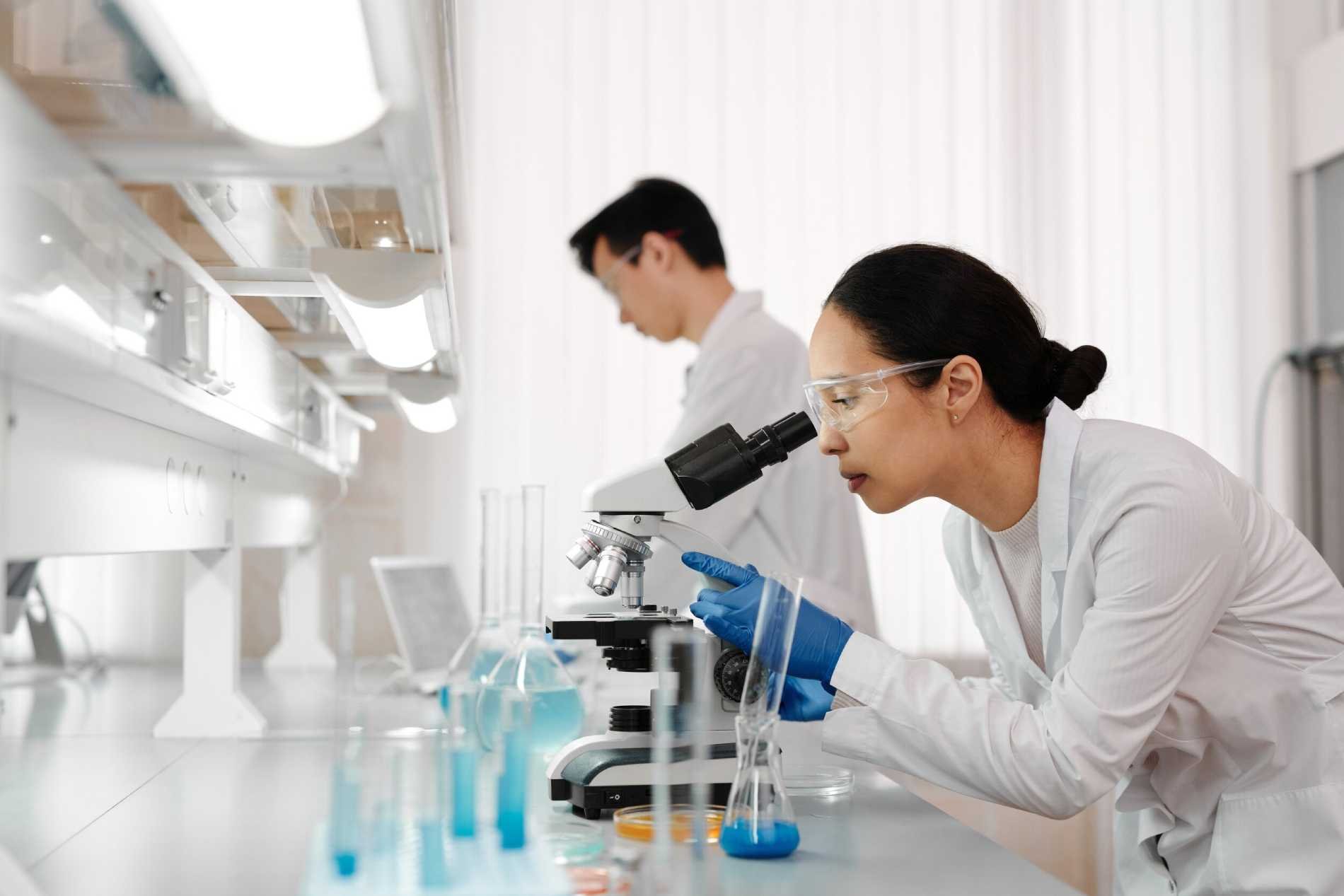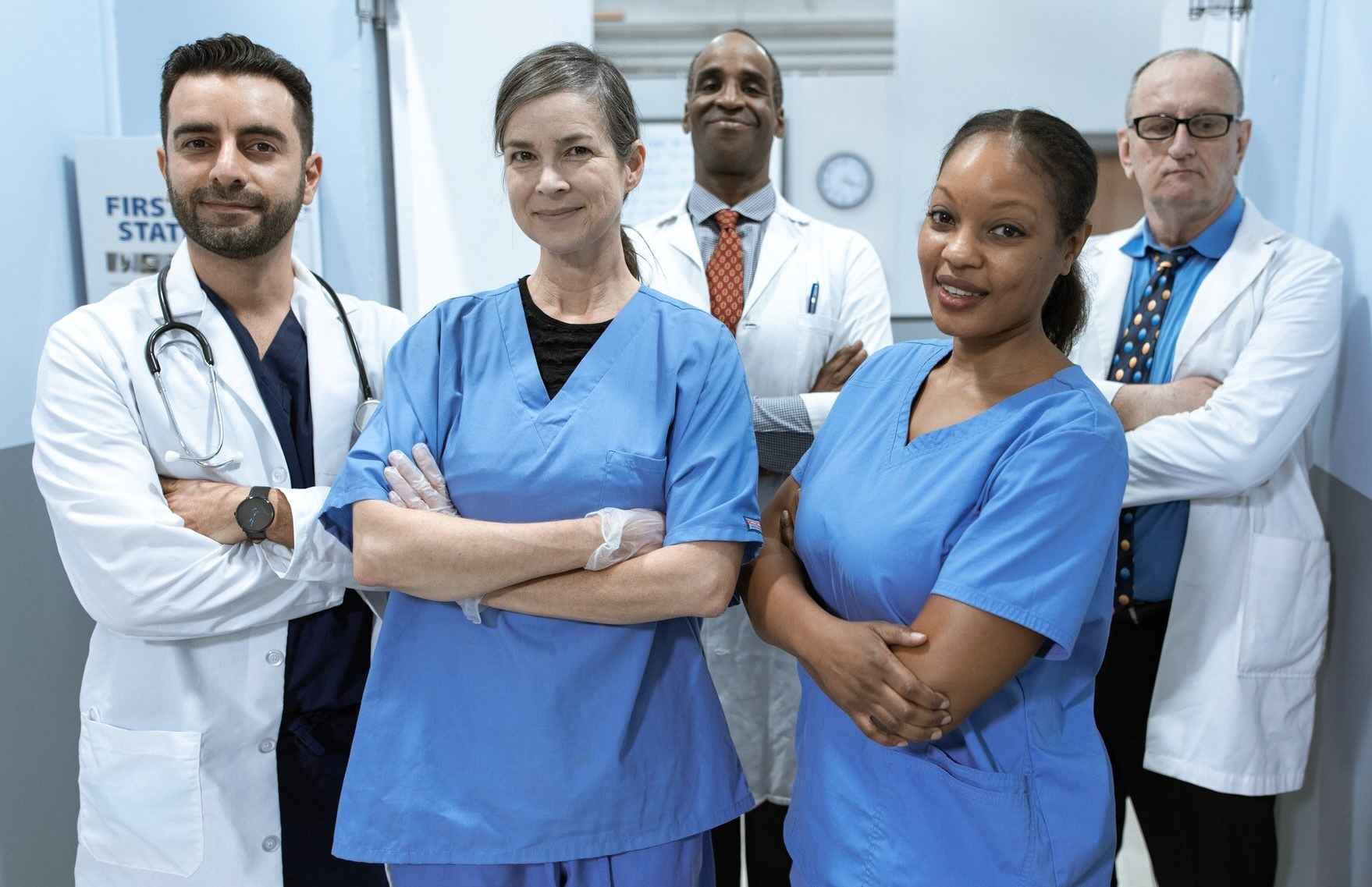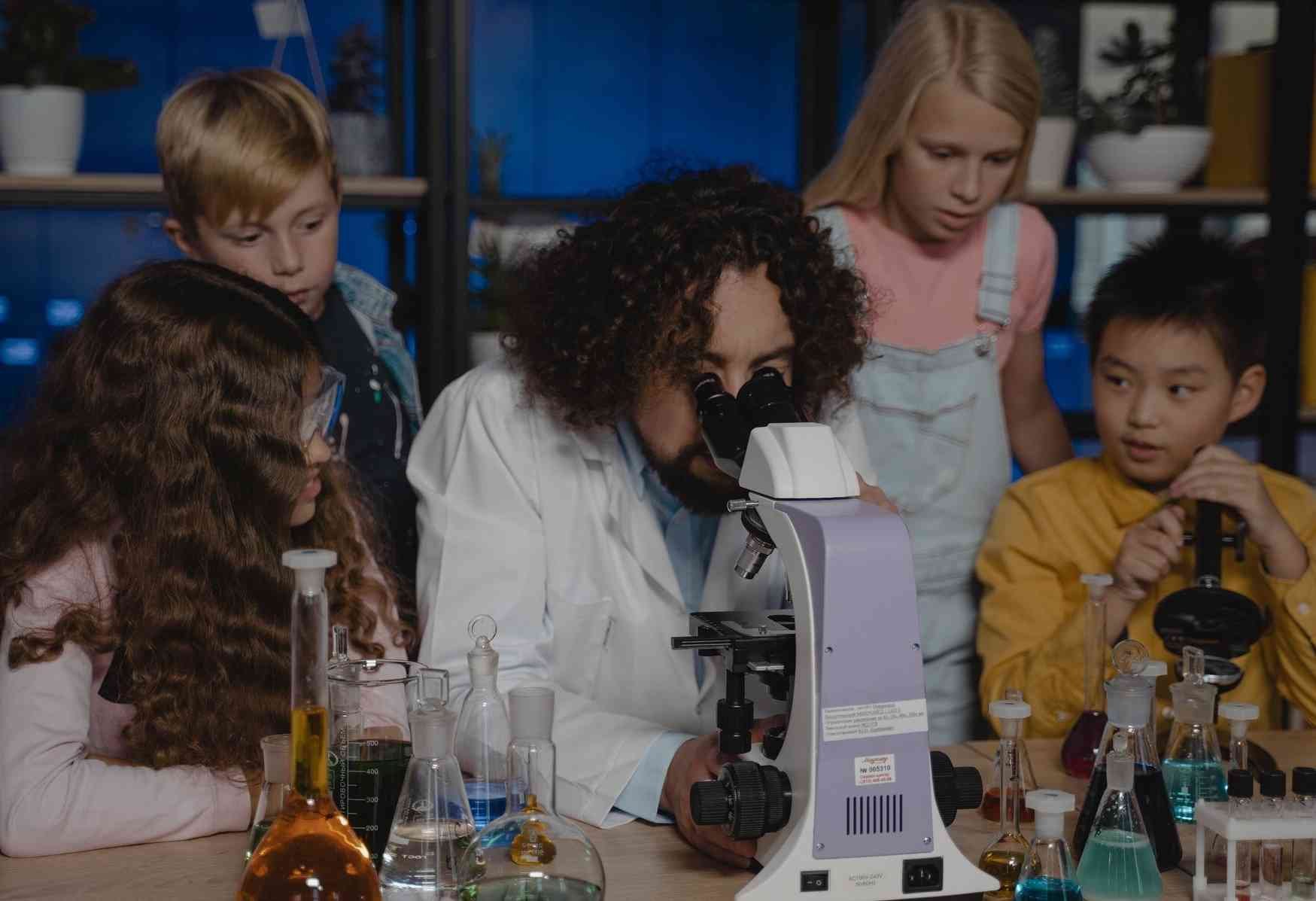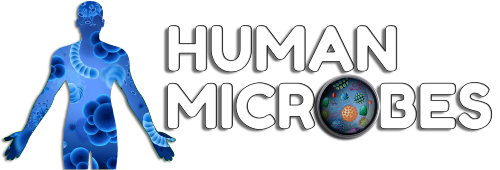
Finding stool donors for FMT (Fecal Microbiota Transplants) and research
Working to find the fewer than 0.1% of people with healthy, unperturbed, disease-resistant microbiomes
Accepting donors and recipients from the USA, Canada, and around the world

Fecal Microbiota Transplants (FMT) and the gut microbiome
The trillions of microbes that live in our guts impact & regulate every aspect of human health & development. This ecosystem of microbes -- comprising thousands of species of bacteria, viruses, archaea, and fungi -- makes up the gut microbiome.
In recent years, research into the microbiome has grown rapidly due to improvements in technology. It is now known that our gut microbiomes contribute to our health and traits as much as our genes [1].
It is a major problem that the vast majority of people in modern society are in poor health and have damaged gut microbiomes. Our goal is to find the fewer than 0.1% of people who are healthy enough to be high-quality stool donors, and connect them with doctors, researchers, clinical trials, and individuals who need to re-balance their gut microbiome.
The easiest way to collect these gut microbes is via stool (poop). That stool can then be used for research or for a procedure called FMT (Fecal Microbiota Transplant).
FMT is a lifesaving treatment for the deadly gut infection Clostridium Difficile (C. Diff) [1], and has shown promising results in clinical trials for many other conditions [1], such as IBS (irritable bowel syndrome), IBD (inflammatory bowel disease), Parkinson’s disease, fibromyalgia, chronic fatigue syndrome (CFS), multiple sclerosis, autism, diabetes, and mental health disorders like depression, anxiety, and bipolar. FMT may also have potential applications in the treatment of obesity, autoimmunity, cardiovascular disease, cancer, and more [1].
FMT is also a treatment option to attenuate adverse effects associated with antibiotic use [1][2].
Human Microbes is helping to advance the field by making FMT more safe & effective by improving donor quality.

Where to start?
Where to find an FMT super-donor?
It seems that fewer than 0.1% of the population qualifies to be a high-quality (safe & effective) stool donor. One Danish group accepted 3 out of 700 (0.4%) donor applicants and still wasn't able to find any ideal, highly effective donors [1].
Also referred to as a “super-donor” — there is some evidence that highly effective stool donors do exist in modern society [1][2], but how to identify them is unknown. And figuring that out is our focus.
A major problem is that the vast majority of the population is in poor health [1][2].
Much of the microbiome is heritable, and the damage we've been doing to it compounds over generations. This extinction of our host-native gut microbiome that's been evolving alongside us for millions of years is a climate-change-level threat [1][2].
A number of research groups have gone directly to secluded tribes, such as the Hadza [1][2]. But using them as stool donors isn't currently feasible. So we have to find people in modern society in peak physical and mental health, with unperturbed, disease-resistant gut microbiomes.
Due to the difficulty of finding high-quality donors, nearly all the clinical trials, doctors, stool banks, etc. are using low-quality donors. Which is both dangerous and ineffective. Most providers don't take donor quality into account at all, and only screen for very basic safety factors. Many patients are left to find their own donors, which is nearly impossible for most of them.
Human Microbes is rectifying this deficit by trying to find extremely healthy people with "ideal" gut microbiomes that prove to be highly effective for FMT for numerous conditions.
Top young athletes may have poop that can cure a huge variety of diseases and significantly raise the level of functioning of the average person [1][2], but we can only find out if we get them to sign up to be stool donors.
Besides donor quality, completely replacing the recipient's established microbiome with the donor's microbiome is something that still needs to be figured out. Simply adding some microbes to an extremely complex ecosystem isn't going to completely replace it. Many of the donor microbes do not take hold in the recipient. Techniques to clear the intestinal mucosal lining and biofilms are probably an important avenue not yet available [1].
Read more on our blog.
Human Microbes is helping to advance the field by solving the FMT donor-quality puzzle.

Want to learn more about the gut microbiome and FMT?
HumanMicrobiome.info has articles, podcasts, documentaries, books, studies, and more, covering all the ways our microbiomes influence our health, development, function, and well-being.

